calsfoundation@cals.org
Arkansas Association for the Deaf
The Arkansas Association of the Deaf (AAD) has provided leadership and advocacy on behalf of deaf and hard-of-hearing Arkansans and members of its association since the late nineteenth century. AAD’s efforts have resulted in passage of state legislation and the implementation of new programs and services that have helped enhance the quality of life of deaf and hard-of-hearing Arkansans. AAD is a volunteer 501(c)(3) organization governed by an executive board comprised of elected officers and trustees. The AAD is one of more than fifty state associations of the deaf that are affiliated with the National Association of the Deaf, which is headquartered in Silver Spring, Maryland.
Originally named the Arkansas Deaf-Mute Association, the AAD was established in 1893 by two alumni of the Arkansas Deaf-Mute Institute (now called the Arkansas School for the Deaf): Hunter S. Edington and the Reverend John W. Michaels. At its 1912 convention, the association’s name was changed to the Arkansas Alumni Association of the Deaf. After affiliating with the National Association of the Deaf in 1956, the association’s name was changed to the Arkansas Association of the Deaf. AAD conventions are held biennially. The AAD began publishing its own periodical, The Deaf Arkansan, in 1969.
Through advocacy with the Arkansas state legislature and collaboration with other state agencies and organizations, the AAD has accomplished much on behalf of those it represents. The establishment of the full-time position of Arkansas Court Interpreter, as well as interpreting services for deaf persons in Arkansas courts, was mandated by Act 664 of 1979. Beginning in 1992, the Arkansas Relay Program authorized functionally equivalent access to local and long-distance telecommunications services for deaf, hard-of-hearing, deaf-blind, and speech-impaired persons in response to Title IV of the Americans with Disabilities Act. The Telecommunications Access Program was authorized to provide telecommunications devices to eligible deaf, hard-of-hearing, deaf-blind, and speech-impaired persons beginning in 1995.
In 2006, the AAD established a scholarship program to award financial assistance to deserving deaf and hard-of-hearing high school seniors accepted into an accredited postsecondary education program. The following year, the organization collaborated with the University of Arkansas (UA) in Fayetteville (Washington County), the University of Arkansas at Little Rock (UALR), Arkansas Rehabilitation Services, and Little Rock Black Deaf Advocates to fund and co-sponsor the successful production of a DVD and book titled, Still I Rise: The Enduring Legacy of Black Deaf Arkansans Before and After Integration.
AAD members who have received national and state recognition for leadership and service include Ernest Northup, president from 1995 to 2003, who was presented with the United Parcel Service’s Jim Casey International Community Service Award in 1996; Tommy Walker, president from 1983 to 1993, who was awarded the AAD President’s Award for Distinguished Service in 1997; and Glenn Anderson, editor of The Deaf Arkansan beginning in 1989, who was presented with the Alice Cogswell Award by the Gallaudet University Alumni Association for valuable service on behalf of deaf people in 2007.
For additional information:
Arkansas Association of the Deaf. https://www.arkdeaf.org/ (accessed March 13, 2024).
The Deaf Arkansan. Little Rock: Arkansas Association of the Deaf (1969–).
Glenn B. Anderson
University of Arkansas at Little Rock
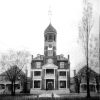 Disability Issues
Disability Issues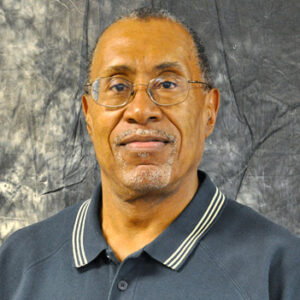 Glenn Anderson
Glenn Anderson 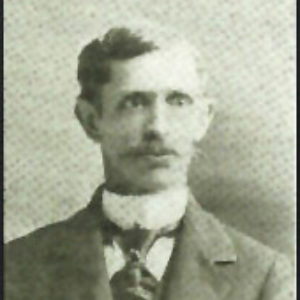 H. S. Edington
H. S. Edington 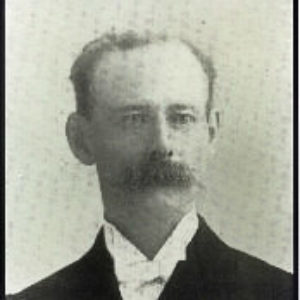 Rev. J. W. Michaels
Rev. J. W. Michaels 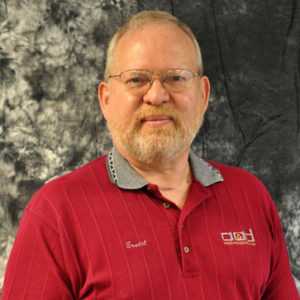 Ernest Northrup
Ernest Northrup 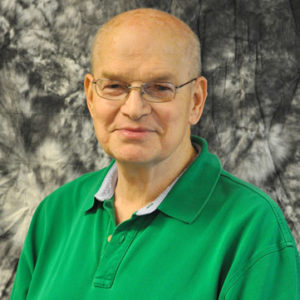 Tommy Walker
Tommy Walker 




Comments
No comments on this entry yet.